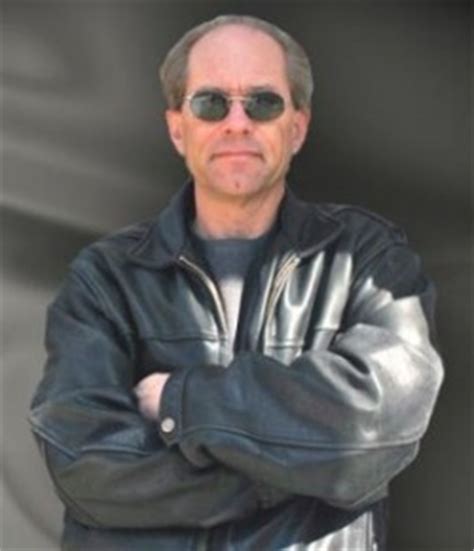A Quote by Faye Wattleton
This is not a country that has had a tremendous sympathy for poor people, so I think that the notion that somehow we have slipped into an era in which poor people don't matter is not quite the way our history would define it.
Related Quotes
There's an awful lot of misunderstanding here about what being poor actually means. I don't think people understand that being poor means you have to work from dawn until dusk just to survive through the day. I think there's some notion that poor people lie about all day not doing anything. It is remarkable how many misconceptions there are here about life in the developing world and I think that that knowledge gap has done a lot to contribute to the imbalance quite frankly.
It is easy to say that there are the rich and the poor, and so something should be done. But in history, there are always the rich and the poor. If the poor were not as poor, we would still call them the poor. I mean, whoever has less can be called the poor. You will always have the 10% that have less and the 10% that have the most.
Another thing is, people lose perspective. It is a cultural trait in America to think in terms of very short time periods. My advice is: learn history. Take responsibility for history. Recognise that sometimes things take a long time to change. If you look at your history in this country, you find that for most rights, people had to struggle. People in this era forget that and quite often think they are entitled, and are weary of struggling over any period of time
One of the reasons inequality gets so deep in this country is that everyone wants to be rich. That's the American ideal. Poor people don't like talking about poverty because even though they might live in the projects surrounded by other poor people and have, like, ten dollars in the bank they don't like to think of themselves as poor.
One of the reasons inequality gets so deep in this country is that everyone wants to be rich. That's the American ideal. Poor people don't like talking about poverty because even though they might live in the projects surrounded by other poor people and have, like, ten dollars in the bank, they don't like to think of themselves as poor.
As a reporter, you know the tropes of how stories on poverty work in any country. A reporter will go to an NGO and say, "Tell me about the good work that you're doing and introduce me to the poor people who represent the kind of help you give." It serves to streamline the storytelling, but it gives you a lopsided cosmos in which almost every poor person you read about is involved with a NGO helping him. Our understanding of poverty and how people escape from poverty, in any country, is quite distorted.
Somehow, the fact that more poor people are on welfare, receiving more generous payments, does not seem to have made this country a nice place to live - not even for the poor on welfare, whose condition seems not noticeably better than when they were poor and off welfare. Something appears to have gone wrong; a liberal and compassionate social policy has bred all sorts of unanticipated and perverse consequences.
If the "rich" were swarming into poor neighborhoods and beating the poor until they coughed up the dimes they swallowed for safekeeping, yes, this would be a transfer of income from the poor to the rich. But allowing taxpayers to keep more of their money does not qualify as taking it from the poor - unless you believe that the poor have a moral claim to the money other people earn.




































